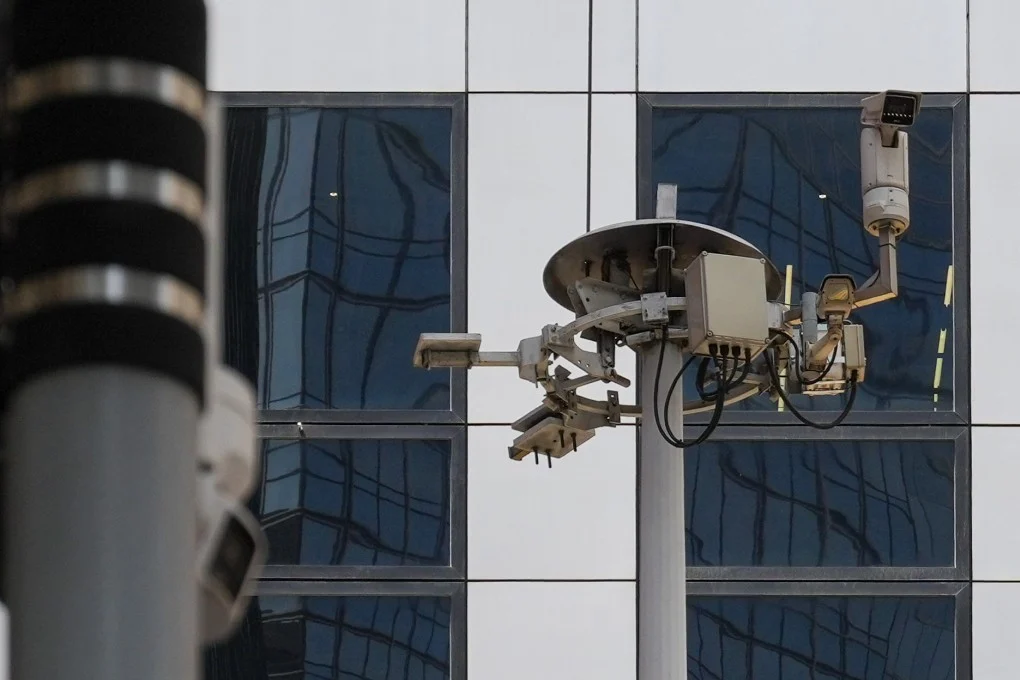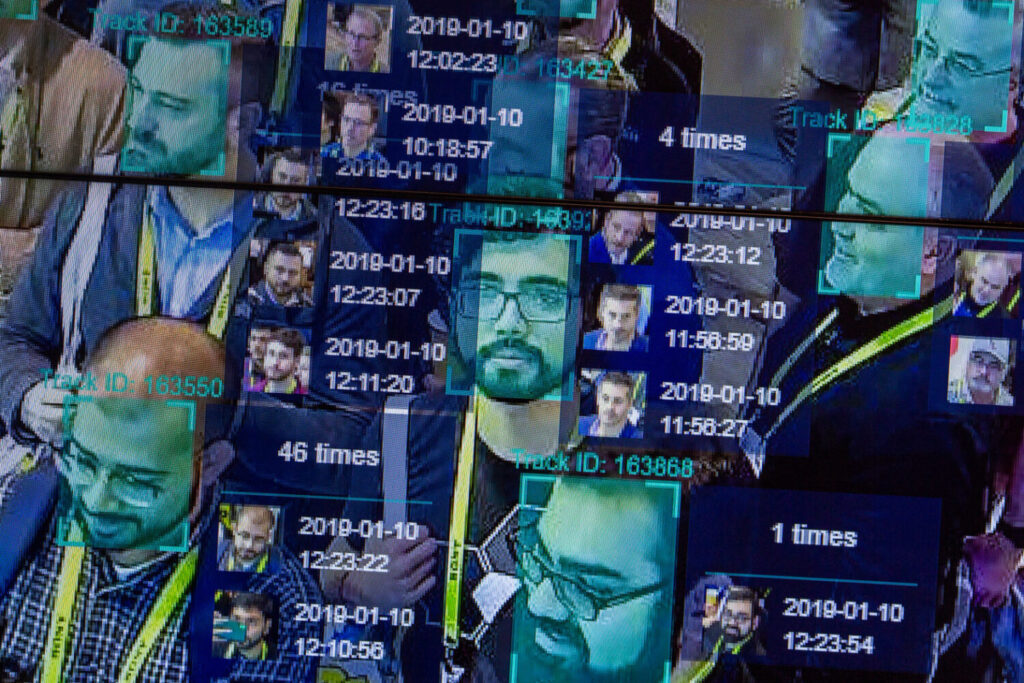AI Police Surveillance 2025 – What Californians Must Know Now
As we enter 2025, law enforcement is becoming more dependent on technology—and not always in a good way. In California, AI-powered police bodycams and facial recognition systems are being rolled out at rapid speed. While intended to protect, these tools are now at the center of a legal firestorm. Innocent people are being wrongfully accused, tracked, or even jailed due to faulty AI identifications. If you think your face couldn’t be misread by a machine, think again. Welcome to the age of AI police surveillance 2025—where freedom can be taken by code, not conviction.
Table of Contents
🚨 What Is AI Police Surveillance in 2025?
AI surveillance refers to law enforcement using machine learning algorithms to monitor, analyze, and predict public behavior. In 2025, this includes:
- Facial recognition on patrol officers’ bodycams
- Emotion detection AI in real-time interrogations
- Predictive policing using public and social data
These AI systems scan massive amounts of data—photos, posts, faces in crowds—and flag “suspicious” individuals. The problem? The technology is far from perfect. Studies show facial recognition algorithms still struggle with people of color, teenagers, and those in poor lighting.
📍 Why California Is at the Center of the Debate
California leads the nation in tech innovation—but also in privacy battles. The state’s history with civil rights and surveillance makes it the perfect storm for AI abuse. In cities like Los Angeles and San Francisco, police departments are now testing AI-powered patrol systems and live bodycam streaming.
Using the slug /california-ai-police-surveillance-lawyer/ helps capture local traffic while covering this growing nationwide issue.
🔬 Case Study: When Tech Gets It Wrong
In early 2024, a Black high school student in Oakland was detained after being flagged by facial recognition software tied to a nearby robbery. Despite being at school during the incident, he was interrogated for hours. Only after public pressure and media exposure was the case dropped.
This incident exposed the dark side of AI police surveillance 2025: Machines lack context, nuance, and human empathy.

😨 The Real Risks of AI Bodycams
- False Matches: Face recognition mistakes lead to wrongful detainment.
- Emotion Bias: Algorithms misread behavior and flag nervousness as aggression.
- Predictive Bias: AI uses past crime stats, reinforcing stereotypes in overpoliced communities.
Once flagged, you may not even know. AI tools can silently add your face to watchlists or categorize you as a “potential threat.”
💬 Social Proof
“Facial recognition software is being treated like gospel in courtrooms. That’s dangerous.” – ACLU Legal Analyst
“We’ve seen dozens of cases where people were arrested just because the AI said they looked like someone else.” – Tech & Privacy Journal
🎥 Suggested Video Embed
Title: “How AI Policing Is Changing Civil Rights in America”
Link: Watch on YouTube
Why: Boosts engagement and educates viewers directly on the dangers of AI in law enforcement.

🤝 Selling Proposition for Law Students & Educators
Want to stand out in criminal law? Specializing in digital privacy and wrongful tech-based arrests could make you a key legal player in the next wave of civil rights battles. Understanding AI police surveillance 2025 is not optional—it’s urgent.
📝 Conclusion
Technology can protect, but it can also persecute. As AI police surveillance 2025 becomes the norm, so do the risks of injustice. If you live in California—or any urban area—this isn’t just a future problem. It’s happening now. Understand your rights. Protect your data. And never assume that just because a machine points at you, it’s right.
Don’t wait for the knock at your door. Learn your rights and defend your future before AI does it for you.


Leave a Reply